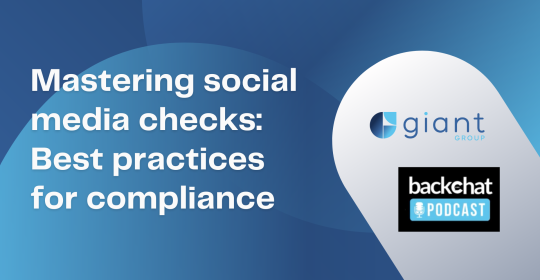In a recent BT report, 53 per cent of employers admitted experiencing a greater level of voluntary turnover now compared to previous years. So, what can businesses leaders do to keep their talent? Here, Kristian Torode, Director and Co-Founder of unified communications specialist Crystaline, shares his advice on using technology to ensure successful onboarding and long-term retention.
Employee turnover remains a challenge for businesses across all industries. Various factors contribute to this issue, such as lack of engagement, insufficient opportunities for professional growth and a mismatch of organisational values. As businesses grapple with retaining their top talent, they must delve into the reasons why people leave and — crucially — what they can do to prevent high rates of turnover.
The trouble with turnover
A high staff turnover causes several problems for businesses. When experienced employees leave, that business loses the expertise that these individuals have accumulated, which is particularly significant if the role is specialised or technical. For remaining employees, high turnover can disrupt workflow and hinder productivity.
And it’s not just the loss of long-serving staff members that can prove detrimental. Hiring new team members is a huge time investment — onboarding, training and developing that person takes time and, like with any facet of business, time is money. Losing that person soon after making that time investment can feel like wasted money.
What's more, the workforce left over once a person leaves may have to take on additional responsibilities, which can negatively impact their well-being and create a sense of instability. The bottom line is this: if a business has secured talent, it doesn't want to lose those individuals. But what are the common — but crucially fixable — reasons that employees might leave?
Addressing retention issues
According to LinkedIn’s United Kingdom Talent Trends report, excellent compensation, flexible work arrangements and opportunities for progression have come out as top priorities consistently since 2021. If an employer isn’t offering those things, it will hinder its retention.
But things don’t end there. The digital experience is another key element of workplace satisfaction. Successful onboarding sets the tone for an employee's journey within an organisation. If someone’s first experience of the company is a clunky IT system that isn’t intuitive and creates more problems than it solves, it’s not going to stand a business in good stead for retention.
Almost two-thirds of people say technology allows them to be as productive as possible, but only 34 per cent say their technology experience at work exceeds their expectations. If the office or home IT set up doesn’t meet these expectations, again, it doesn’t offer a great impression of the business.
A seamless experience
It’s up to employers to ensure that their IT set up has positive impact on retention. BT estimates that 30 per cent of people use up to six different collaboration tools just to do their job. While it isn’t necessarily a problem, it’s not as intuitive as it could be. Individual platforms may work well, but a package that encompasses all of them in a unified way is key. Making IT set ups work for you is about ensuring you have all the necessary tools in place to make employee experience great. One of these key systems is unified communications.
Unified communications integrates various communication tools and technologies into a single, cohesive platform. UC provides a seamless and consistent user experience across different communication channels, devices and locations, enabling employees to communicate more efficiently and effectively. One of these platforms is Vodafone Business UC with Ring Central, offered by Crystaline.
The system combines high-quality voice and video calling, allowing employees to communicate effectively, and secure messaging, email, chat and file-sharing services through one platform, combining all collaboration tools in one platform for an elevated employee experience from the get-go.
As we anticipate talent retention to remain an issue for employers, ensuring your tech set-up supports employees rather than hindering them is key. Technology is a great tool, but it’s essential to get it right and using tools like UC support this strategy. Get it wrong, and it could create a digital experience that limits employee satisfaction.






